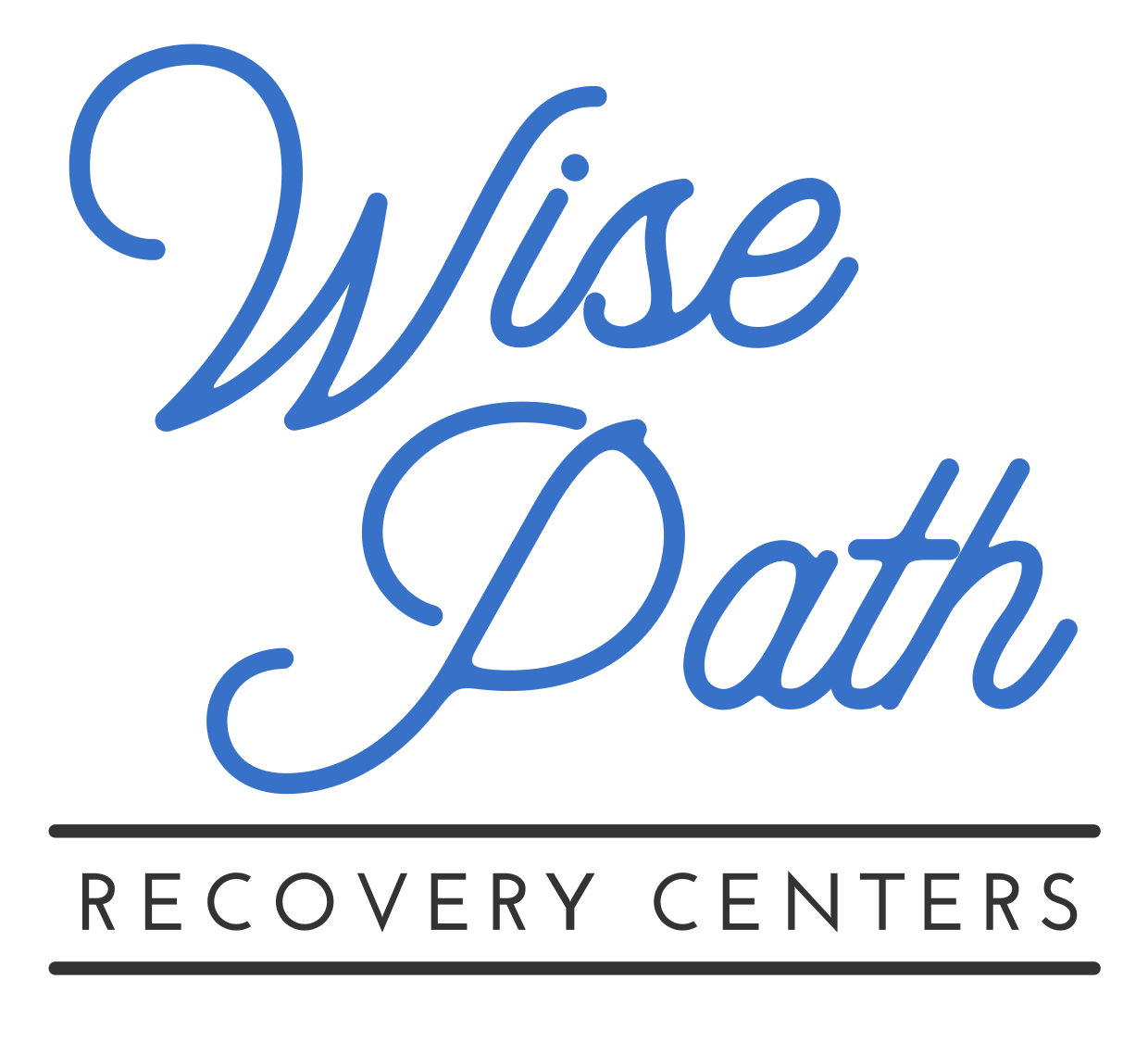Inhaling glue or other solvents might start as a dare or a way to escape, but those household products contain powerful, toxic chemicals that can seriously harm the brain, heart, lungs, and other organs—even after a single use. What can feel like a quick high can quickly lead to addiction, lasting brain damage, or a sudden, fatal cardiac event.
If you or someone you love is experimenting with inhalants, that’s a sign to get help sooner rather than later—medical care and addiction treatment can protect health and give you a real path to recovery.
What Is Glue Inhalation, and Why Is It Dangerous?
Glue inhalation, also called huffing or sniffing, involves breathing in the vapors of adhesives and solvents. These vapors are made of chemicals that quickly pass from the lungs into the bloodstream and then to the brain. The high comes on in seconds and often feels similar to alcohol intoxication.
What makes glue inhalation so dangerous is how unpredictable it is. If you have inhaled glue, the same vapors that cause a brief high can also slow down the heart, suppress breathing, or trigger sudden death.
Common Chemicals in Glue That Cause Harm
Most household adhesives contain volatile solvents, which means they easily turn into vapors at room temperature. Common chemicals include:
- Toluene: Causes dizziness, confusion, and long-term brain damage
- Xylene: Irritates the lungs and harms the nervous system
- n-Hexane: Linked with nerve damage and weakness in muscles
- Acetone and Ethyl Acetate: Damage the liver and kidneys when inhaled repeatedly
These chemicals were never designed to be inhaled directly, and the body cannot process them safely in high amounts.
Why People Inhale Glue Despite the Risks
Glue inhalation is most often seen in teens and young adults. Reasons for use often include:
- Easy access to glue and adhesives at home or school
- Low cost compared to drugs or alcohol
- Quick onset of effects within seconds
- Peer influence and curiosity
The short duration of the high leads many to inhale repeatedly in one sitting, which makes the risks even greater.
Short-Term Effects of Glue Inhalation
The effects of inhaling glue appear within moments of exposure. They may include:
- Lightheadedness or dizziness
- Slurred speech and loss of coordination
- Euphoria or laughter followed by confusion
- Blurred vision and ringing in the ears
- Headaches, nausea, or vomiting
These symptoms may look temporary, but each episode stresses the brain and vital organs.
Warning Signs of Glue Inhalation
If someone is huffing glue, you may notice:
- Chemical smells on breath, hands, or clothing
- Hidden rags, bags, or empty glue tubes
- Stains on the skin or around the mouth and nose
- Unexplained nosebleeds or mouth irritation
Sudden changes in mood, grades, or behavior

Severe Health Risks Linked to Glue Inhalation
The most serious danger is sudden sniffing death syndrome, a fatal heart rhythm problem that can strike without warning, even in healthy people. Other risks include:
- Suffocation from breathing inside a bag
- Seizures, coma, or permanent brain damage
- Injuries from accidents while impaired
- Fires or burns caused by flammable vapors
Medical emergencies should always be treated as life-threatening. Call 911 if someone loses consciousness, struggles to breathe, or has seizures after inhaling fumes.
Long-Term Effects of Repeated Glue Inhalation
Chronic glue inhalation can cause permanent health problems, including:
- Memory loss, poor concentration, and slow thinking
- Nerve damage that leads to numbness or weakness in the arms and legs
- Hearing loss and vision problems
- Organ damage to the liver, kidneys, and bone marrow
- Lasting changes in mood and personality
Some effects may improve with treatment and long-term sobriety, but brain and nerve damage are often irreversible.
Is Glue Inhalation Addictive?
People who inhale glue repeatedly can develop inhalant use disorder. Signs of addiction include:
- Cravings and urges to inhale despite harm
- Needing more fumes to get the same effect (tolerance)
- Spending large amounts of time seeking or using products
- Withdrawal symptoms when trying to stop
Glue Inhalation Withdrawal Symptoms
Withdrawal from inhalants may include:
- Anxiety and irritability
- Sweating and tremors
- Trouble sleeping
- Intense cravings
Heavy users should not stop on their own. Professional treatment and medical supervision can make withdrawal safer and more manageable.
Drug & Alcohol Rehab and
Addiction Treatment in West Virginia
Get in touch with our recovery center today at 866-860-9772
Glue Inhalation in Adolescents and Families
Glue inhalation is especially concerning for adolescents. Early use of inhalants is linked with higher chances of later substance use disorders. Families can take steps to reduce risks:
- Store adhesives and solvents in locked or monitored places.
- Talk openly about the dangers of inhalants.
- Notice early signs like chemical odors, stains, or behavior changes.
- Seek professional help at the first suspicion of use.
Treatment Options for Glue Inhalation Abuse
Treatment begins with medical stabilization to address any immediate health risks. Once stable, effective care often includes:
- Behavioral therapy to address cravings and develop healthier coping skills
- Counseling to uncover underlying emotional or social struggles
- Family therapy to rebuild trust and improve communication
- Support groups to connect with others in recovery
With the right care, recovery is possible, even for people who have used inhalants for years.
Drug & Alcohol Rehab and
Addiction Treatment in West Virginia
Get in touch with our recovery center today at 866-860-9772
Getting Help for Glue Inhalation Abuse
Glue inhalation is far from harmless. It carries immediate risks and can cause lifelong harm. If you or someone you love is struggling, professional treatment can provide a path forward.
At Wise Path Recovery Centers, our substance abuse treatment in Virginia specializes in compassionate care for individuals facing substance use challenges. Our team provides evidence-based treatment, family support, and long-term recovery planning.
Frequently Asked Questions About Glue Inhalation
Can you overdose on glue inhalants?
Yes, overdose can occur during the first or hundredth time. It often happens due to irregular heart rhythms, suffocation, or seizures.
How long does the high from glue inhalation last?
Usually only a few minutes. Because the effects fade quickly, many people repeat inhalation multiple times, which increases the risk of sudden death or serious injury.
Is glue inhalation common among adults?
It is more common in adolescents and young adults, but adults who struggle with addiction may also misuse inhalants.
Can damage from glue inhalation be reversed?
Some effects improve with treatment and sobriety, but brain and nerve damage may be permanent.
What should I do if I suspect someone is inhaling glue?
Stay calm, speak directly with them about your concerns, and seek professional help. In case of unconsciousness, breathing problems, or seizures, call emergency services immediately.

